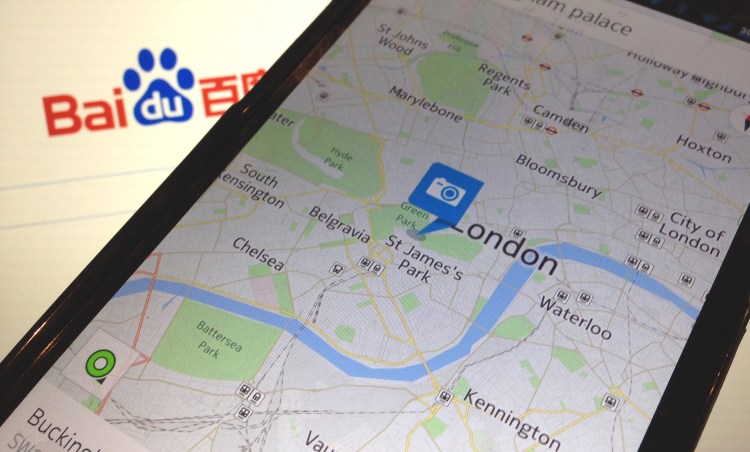Now that Nokia has sold its handset business to Microsoft, what can we expect from what remains of the company? Think “maps,” and you won’t be too far off the mark.
The Finland-headquartered tech titan has revealed that its Here mapping platform will now provide mapping capabilities to Chinese search giant Baidu, both on desktop and mobile.
However, the deal only applies to location and navigation services Baidu will offer to Chinese traveling abroad; it won’t be offered within China itself. This distinction is indicative of the size of the market. In 2013 alone, around 100 million people traveled abroad from China. European destinations such as Paris, London, and Barcelona proved particularly popular.
Baidu Maps will use Nokia’s Here maps to expand its coverage into Taiwan initially, with more countries added over time.
June 5th: The AI Audit in NYC
Join us next week in NYC to engage with top executive leaders, delving into strategies for auditing AI models to ensure fairness, optimal performance, and ethical compliance across diverse organizations. Secure your attendance for this exclusive invite-only event.
Nokia’s mapping push
Alongside Google, TomTom, and OpenStreetMap, Nokia lays claim to being one of the four main online mapping providers. Since it offloaded its Devices & Services division to Microsoft earlier this year, the company has been placing an increasing amount of focus on building out Here, expanding beyond Windows Phone and on to Android, with iOS being added to the mix in the new year.
However, Here’s reach across the technological landscape extends far beyond that of simple own-brand applications.
Nokia has previously partnered with the likes of Amazon, Microsoft’s Bing, Yahoo, and Garmin. Moreover, Here also has a significant presence in the automobile space, offering its map data to around 80 percent of GPS navigation systems, including BMW and Mercedes.
As the oft-called “Google of China,” Baidu is a major scoop for Nokia as it continues to push its mapping platform into new markets.
Today’s news comes hot on the heels of the news that Baidu is also mulling a $600 million investment in Uber, as the e-transport company plans to make greater inroads into the lucrative Chinese market.


